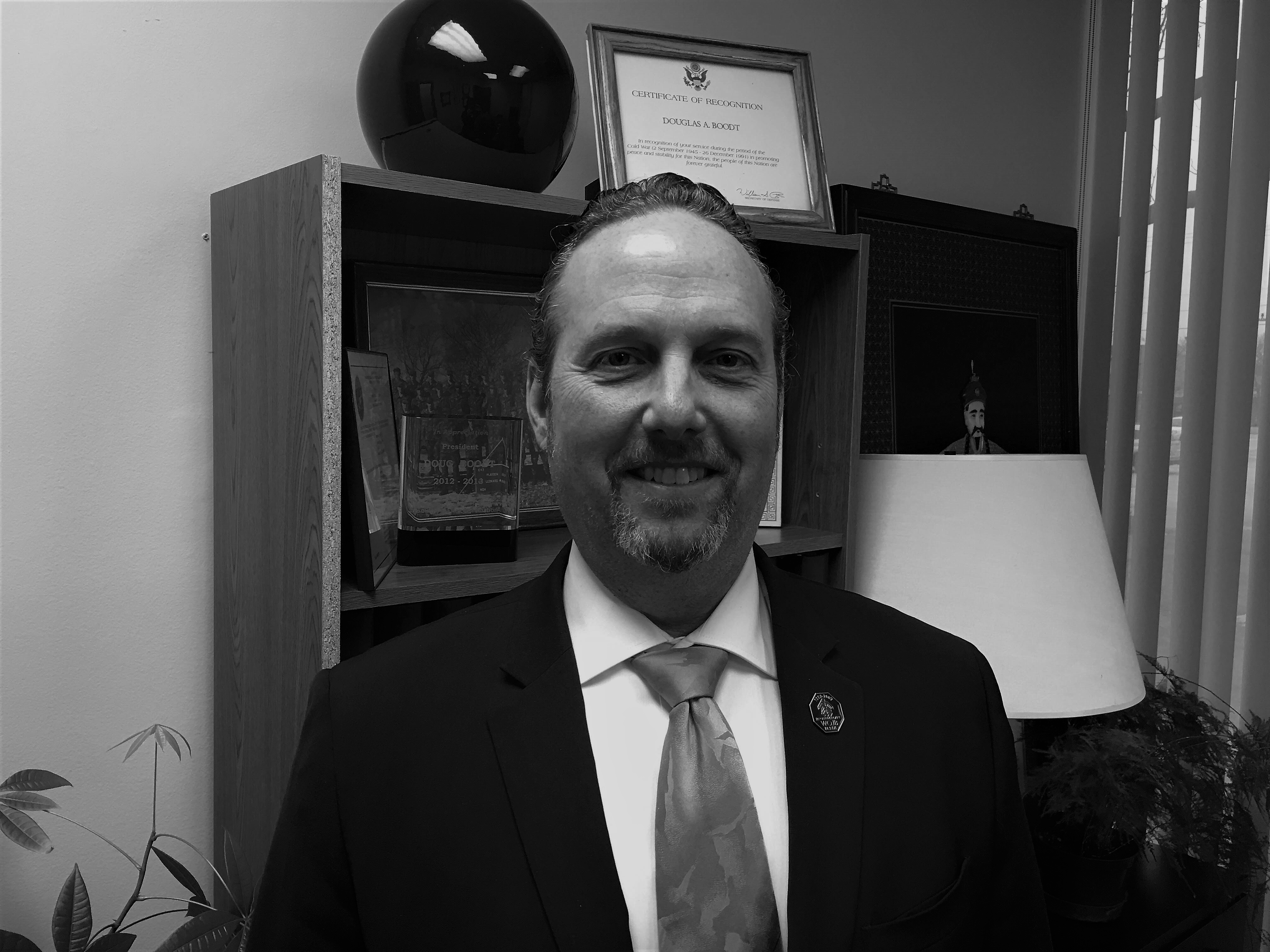Introduction
No matter your net worth, it’s important to have at least a basic estate plan in place. Such a plan ensures that your family is taken care of after your death. Dying without a will (intestate) can be costly to your heirs and can leave you without a say in who gets your assets. By putting your intentions in writing in a will package, you help dispel potential conflicts after you’re gone.
Wills
A will is a legal declaration by which a person making the will, the testator, names one or more persons to manage his or her estate and provides for the distribution of his or her property after death. In many instances, a properly executed will can avoid expensive and time consuming probate, a process in which a court determines the distribution of the estate.
Legal Guardian
In some circumstances, parents may wish to nominate a person(s) to act as legal guardian for their minor children in the event that both parents are deceased. A legal guardian is a person(s) who has legal authority (and the corresponding duty) to care for the personal and property interests of a minor child. The legal guardian can, but need not be a relative. In any event, the person(s) appointed as legal guardian should be someone who you can trust to raise and provide for your minor children as you would.
Personal Representative (Executor)
The personal representative, also known as the executor, is a person(s) named by the testator to administer the estate in accordance with the testator’s wishes as detailed in the will. A alternate personal representative should be named in the event that your first choice for personal representative is unable or unwilling to serve.
Will With a Children’s Trust
If you have minor children, whether you are married or single, you need a) a will and b) a will that creates a trust for your minor children, no matter the size of your estate. A minor cannot hold property. If a minor inherits property, typically a guardian/conservator is appointed to hold that property until that child reaches the age of eighteen. The most common way to handle this situation is to provide in your will that any assets that would otherwise go to a person under the age of eighteen will instead be held in a trust for the benefit of that person(s).
There are two common ways to structure a trust for minor children. One way is to provide that your assets will be divided into as many equal shares as you have children. Each trust would terminate when that child reaches an age over 18 specified by you. The other way is to provide that, upon your death, all of your assets will remain in a trust until the youngest child reaches an age over 18 specified by you. This way delays when the oldest child will receive his or her share, but assures that all the assets are available until the youngest child reaches an age over 18 specified by you.
You will also need to nominate someone to act as trustee of the trust. A trustee is someone appointed by you to be the holder of property on behalf of someone else. For example, a trustee could be appointed who would manage trust assets for the benefit of your minor children, i.e. buy and sell trust real estate. Again, the trustee should ideally be someone who you can trust to provide for your minor children as you would. The trustee can also be appointed as guardian of the minor children.
Durable Power of Attorney
A Durable Power of Attorney for Property authorizes a person appointed by you to act on your behalf in legal or business matters when you are unable to do so. Typically a Durable Power of Attorney is granted to a person when you are incapacitated for whatever reason. You can set specific time limits for when this Durable Power of Attorney takes effect and when it terminates. The powers given this person can be all-encompassing or there can be specific limitations set by you. For example, you can authorize this person to carry out all financial, business and legal matters on your behalf or you can limit them to merely being able to pay your bills for you. As with all other position(s) appointed by you during your estate planning process, you should designate an alternate person to act as Durable Power of Attorney should your first choice be unwilling or unable to act.
Patient Advocate Designation (Health Care Power of Attorney)
A Patient Advocate Designation, also known as a Health Care Power of Attorney, appoints a person(s) to make health care decisions for you if you are incapacitated and unable to do so. This person should be familiar with your end-of-life decisions, as well as what medical procedures you would authorize or not authorize were you able to do so. The powers given this person can be all-encompassing or there can be specific limitations set by you. As with all other position(s) appointed by you during your estate planning process, you should designate an alternate person to act as Patient Advocate should your first choice be unwilling or unable to act.
Living Will
A Living Will, also known as an Advanced Health Care Directive, are instructions given by individuals specifying what actions should be taken for their health in the event that they are no longer able to make decisions due to illness or incapacity. A Living Will can be used in combination with the appointment of a Patient Advocate (Health Care Power of Attorney.)
Please contact Douglas Boodt at douglas@boodtlaw.com (preferred method) or call 269.929.7206 if you would like to schedule an appointment to begin planning your estate.
